UAE defies US, Europe to reaffirm oil alliance with Russia
The United Arab Emirates (UAE) has underscored its commitment to an oil alliance with Russia, defying a Western push for the global sanctioning of Russia over the country’s long-running military operation in Ukraine.
Suhail al-Mazrouei, the UAE’s energy minister and a former president of the oil alliance, said on Monday that Russia, which exports roughly 10 million barrels of oil a day, is an important member of the global OPEC+ energy alliance and no producer could substitute its production.
"Unless someone is willing to come and bring 10 million barrels, we don't see that someone can substitute Russia," Mazrouei said during the Atlantic Council's global energy forum in Dubai.
The OPEC+ alliance has been following a plan for gradual oil production increases based on a deal struck during the height of the coronavirus pandemic lockdowns, when producers slashed output to make up for the loss in demand for fuel.
The oil prices have soared to around $120 a barrel, with the United States and several European nations calling on Persian Gulf Arab oil producers to do more to help bring down prices.
Mazrouei, however, said that the OPEC+ alliance was here to stay and shut down any suggestions that the UAE would break away from the pact and unilaterally increase production.
"Staying together, staying focused, and not allowing politics to kick into this organization ... we always believe that whatever we do as countries when it comes to production and to this work, it needs always to stay out of politics," he said.
The comments by Mazrouei come as Saudi Arabia and the UAE, two close US allies and leaders of OPEC+, have been constraining their criticism of Russia's military campaign in Ukraine, while also dodging demands from the US to increase oil output.
"They don't want to risk the unity of the group. Having Russia being part of the OPEC+ group is incredibly important, especially for the Persian Gulf producers," Amena Bakr, chief OPEC correspondent for Energy Intelligence, said during a Twitter Spaces panel on Monday morning. "We're at a point where unity is considered one of the most important factors for the group, and nobody wants to risk spoiling that unity by suggesting any kind of policy change."
Abdullah bin Zayed, the UAE's foreign minister, also visited Moscow earlier this month to discuss ways to boost bilateral ties.
In a televised speech on February 24, Russian President Vladimir Putin announced a “special military operation” in Ukraine following Moscow’s recognition of the eastern regions of Lugansk and Donetsk, collectively known as Donbass.
The conflict has provoked a unanimous response from Western countries, which have imposed a long list of sanctions on Moscow. Russia says it will halt the military operation instantly if Kiev meets Moscow’s list of demands, including ruling out Ukraine’s membership in NATO.
Since the start of the conflict, there have been fears of disruptions to major oil and gas supplied by Russia, prompting European Union states to pursue new supplies of energy.
US President Joe Biden last week announced $800 million in additional military aid for Ukraine.
The fresh aid package includes 800 anti-aircraft systems; longer-range anti-aircraft systems and ammunition for those systems; as well as 9,000 anti-armor systems; 7,000 small arms; 20 million rounds of ammunition, artillery, and mortars; and drones.
‘How many more have to die?’: Minneapolis mayor demands Trump end ‘invasion’
VIDEO | Criticism grows over Pakistan joining Trump-led 'Board of Peace'
Iraq’s dominant political bloc nominates Nouri al-Maliki for prime minister
Israel moves to restrict Palestinian re-entry to Gaza, ‘encourage outflow’: Report
VIDEO | Iran warns enemies against new 'adventurism'
VIDEO | Venezuelans demand return of their president Nicolás Maduro
Muslims facing ‘major confrontation’ led by US and Israel: Hezbollah chief
Palestine Action activist at risk of death after beginning thirst strike in UK jail


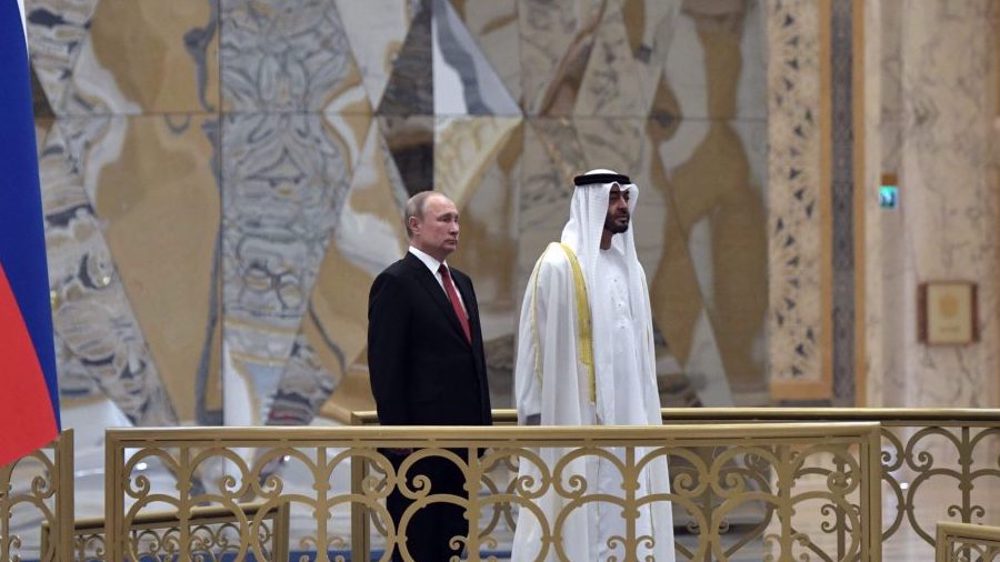
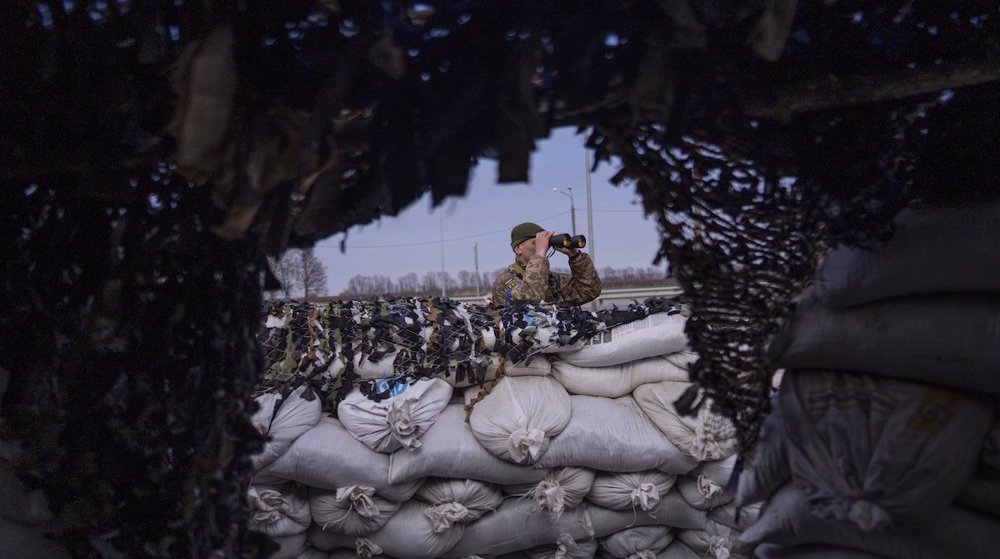
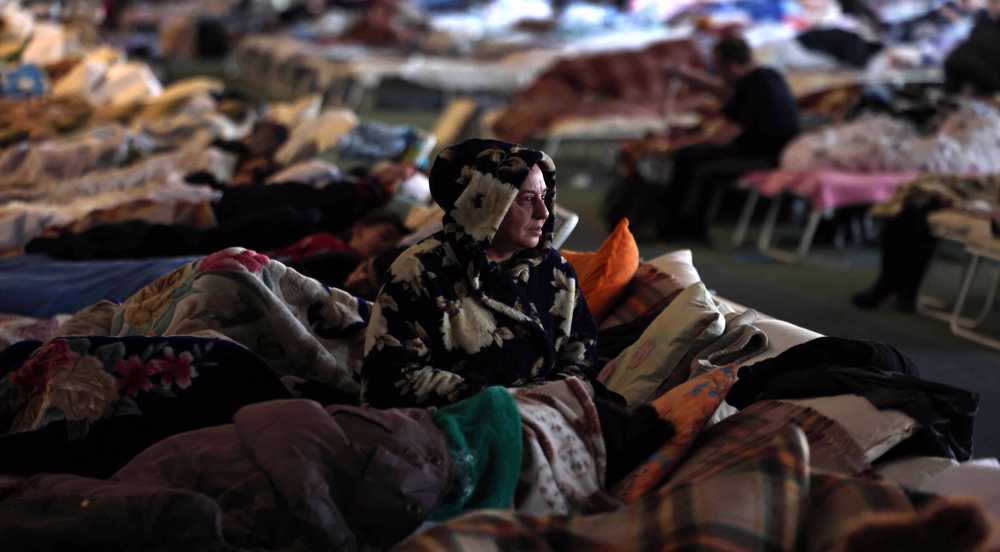
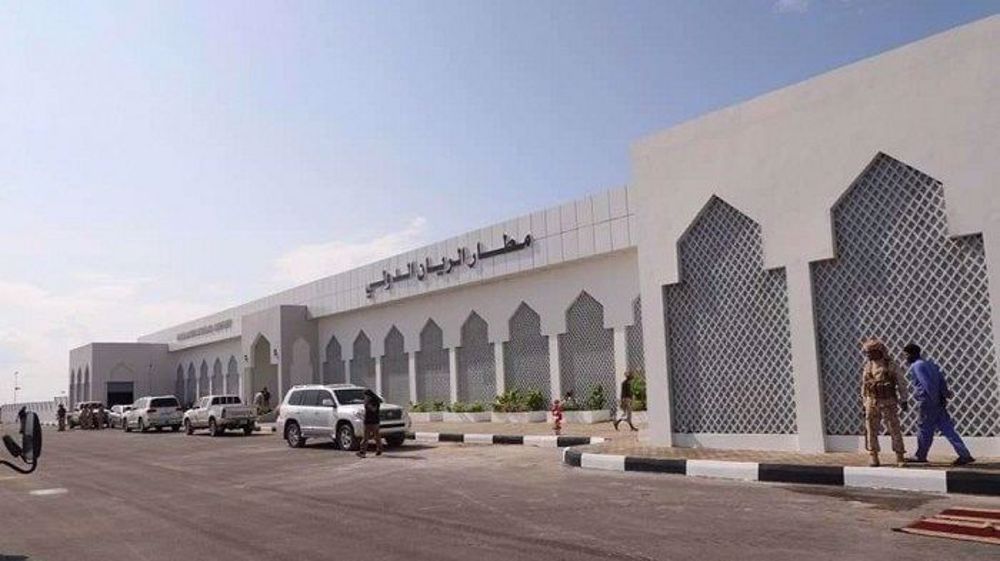
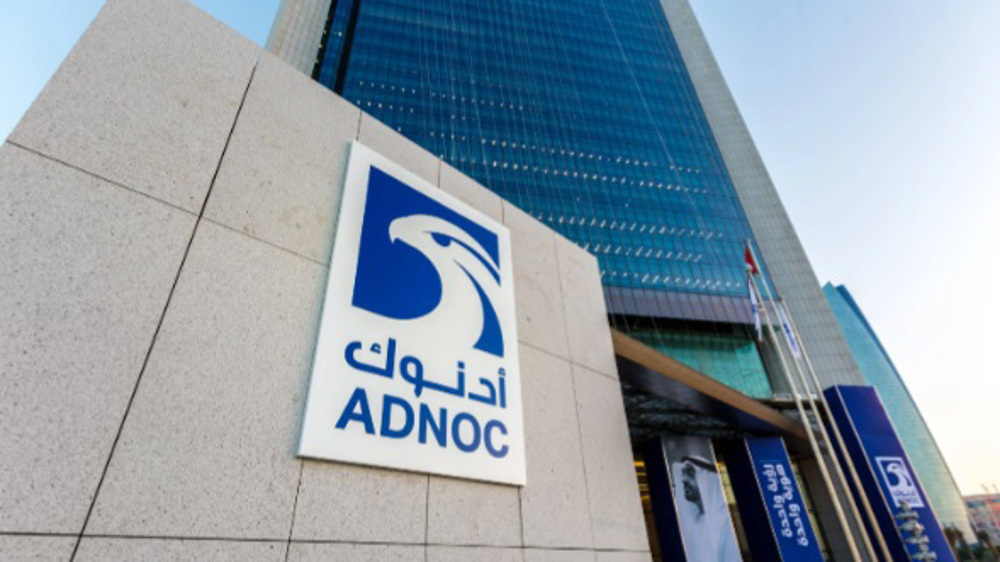
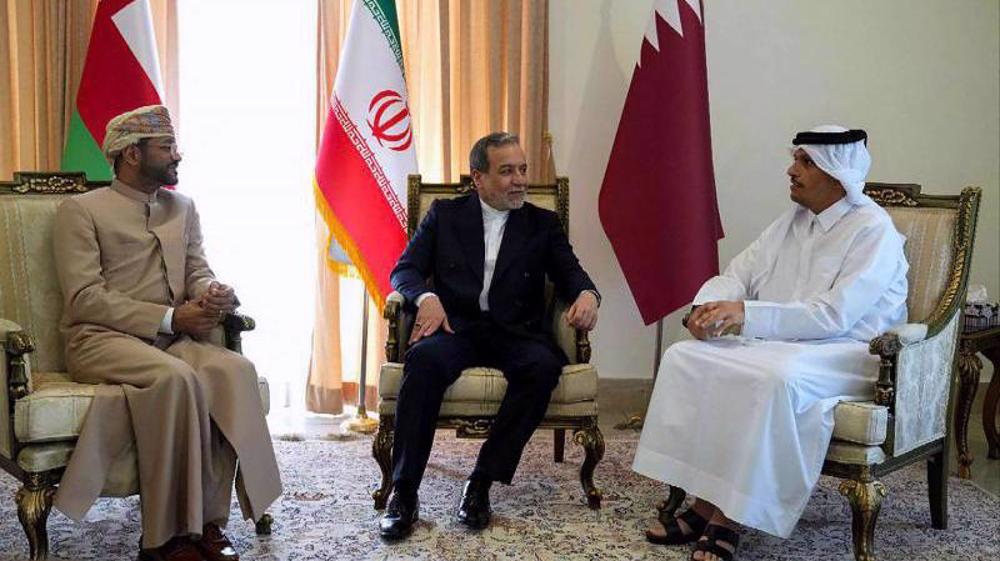




 This makes it easy to access the Press TV website
This makes it easy to access the Press TV website